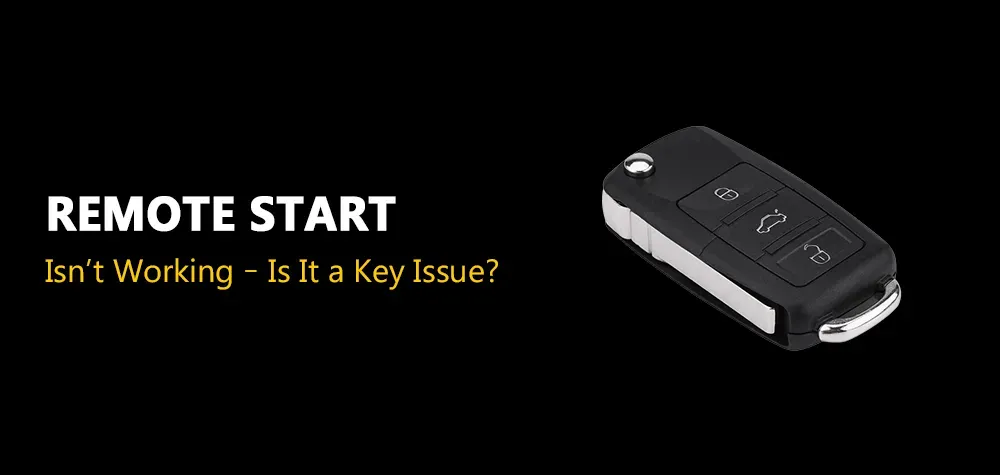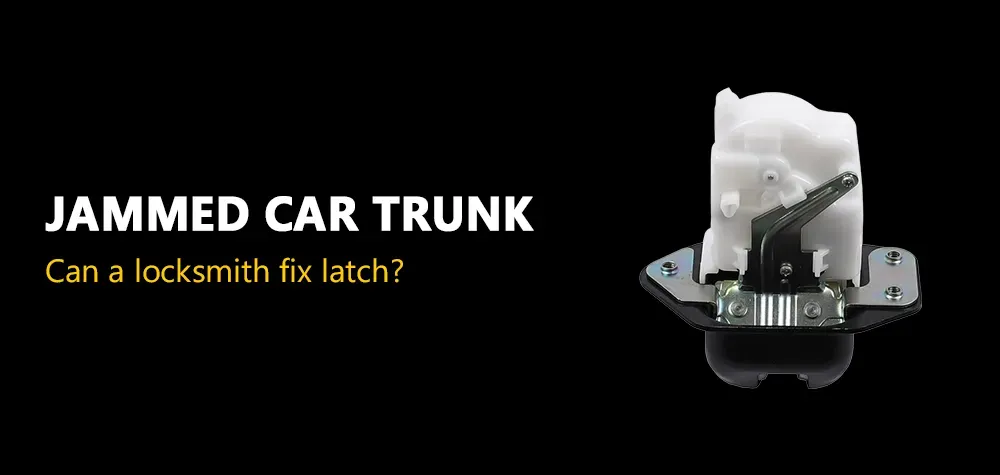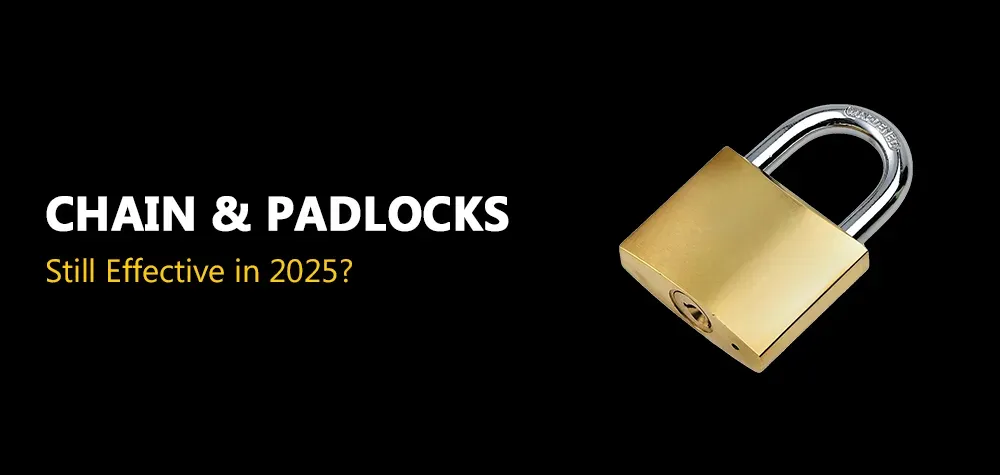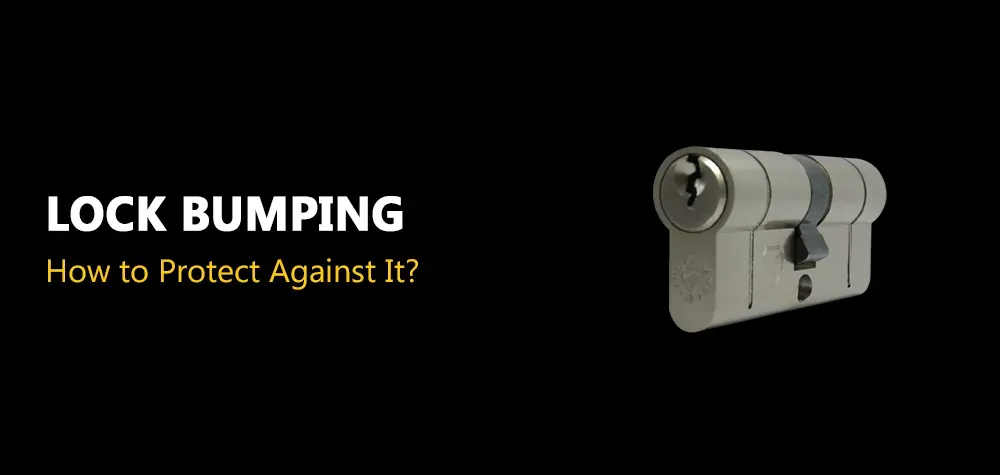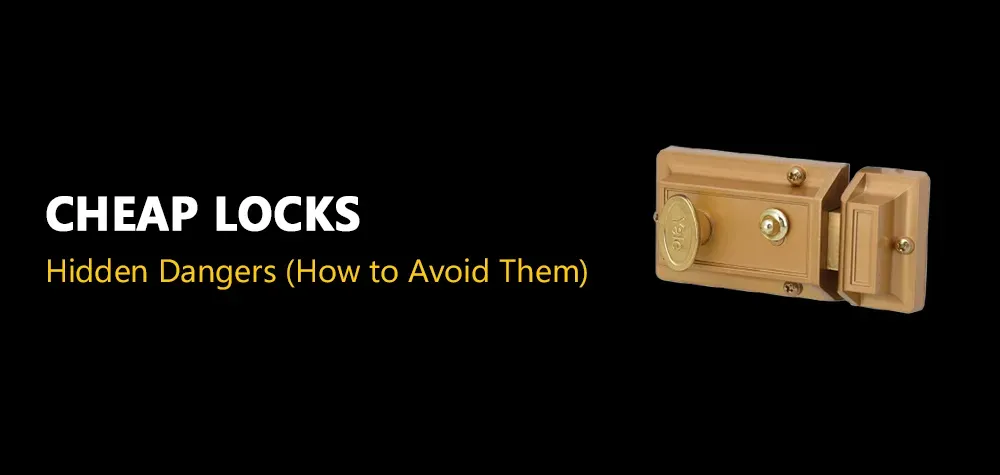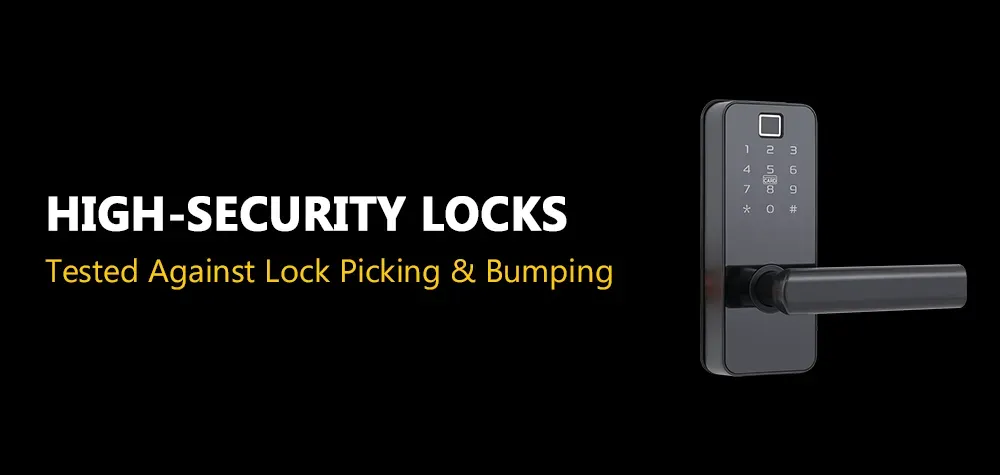Security Solutions for Co-Working Spaces: Keyless Access & More
Co-working spaces have transformed the modern work culture, offering freelancers, startups, and businesses a flexible and cost-effective alternative to traditional offices. However, with shared work environments come unique security challenges. Traditional locks and keys are no longer sufficient to protect confidential data, expensive equipment, and personal belongings. Enter keyless access and advanced security solutions—a game-changer for co-working spaces striving for both convenience and enhanced protection.
What to Expect During a Lock Rekeying Service
The Need for Advanced Security in Co-Working Spaces
Security is a top concern for any workplace, but co-working spaces face distinct risks due to their open, communal nature. Multiple individuals use the space daily, including temporary members, visitors, and external staff. Unlike traditional offices, where employees have assigned workstations and restricted access, co-working environments demand adaptable security systems. Ensuring a seamless yet secure experience is crucial to maintaining trust and safeguarding assets.
Security Challenges in Co-Working Spaces
- Uncontrolled Access: With rotating members, keeping track of who enters and exits is difficult.
- Theft Risks: Laptops, gadgets, and confidential documents are often left unattended.
- Data Protection: Shared networks pose cybersecurity threats.
- Safety Concerns: Emergency situations require efficient evacuation plans and security protocols.
- Member Privacy: Sensitive business information needs protection from unauthorized individuals.
Keyless Access: A Smart Alternative to Traditional Locks
Keyless entry systems are rapidly becoming the go-to security solution for co-working spaces. By eliminating the need for physical keys, they offer enhanced security, flexibility, and ease of use.
Types of Keyless Entry Systems
1. Smart Locks
Smart locks are an excellent option for co-working spaces, allowing administrators to control access remotely. Members can unlock doors using smartphones, RFID cards, or unique passcodes. These locks can be programmed to grant or revoke access instantly, ensuring that only authorized individuals enter restricted areas.
2. Biometric Access
Biometric access control systems, such as fingerprint or facial recognition, add an extra layer of security. Unlike keys or codes that can be lost or shared, biometric credentials are unique to each individual. This method is ideal for high-security zones like private offices or server rooms.
3. Key Fobs and Access Cards
RFID key fobs or access cards offer a seamless way for members to enter and exit designated areas. They can be programmed for different levels of access, such as granting full-time members 24/7 entry while restricting guests to business hours.
4. Mobile App-Based Access
Many modern co-working spaces integrate mobile apps that control entry doors. These apps allow members to unlock doors via Bluetooth or Wi-Fi, track entry logs, and even provide temporary access to guests.
Additional Security Measures Beyond Keyless Access
While keyless entry improves access control, a comprehensive security system must include additional layers of protection.
Surveillance and Monitoring Systems
Installing high-definition security cameras throughout the workspace ensures continuous monitoring. AI-powered surveillance systems can detect suspicious activities and alert security personnel in real time.
Alarm Systems and Motion Sensors
Alarm systems with motion sensors help detect unauthorized movement during non-business hours. If an intruder attempts to force entry, the alarm can immediately notify security teams or law enforcement.
Cybersecurity Measures
Since co-working spaces rely on shared networks, robust cybersecurity measures are essential. Secure Wi-Fi with encrypted access, VPN integration, and firewalls help protect sensitive business data.
Visitor Management Systems
A digital visitor management system allows co-working spaces to track guest entries and exits efficiently. Visitors can register using a digital kiosk and receive temporary access codes, reducing the risk of unauthorized entry.
Emergency Response Planning
Security isn’t just about preventing unauthorized access—it also involves ensuring members’ safety in emergencies. Well-planned evacuation routes, panic buttons, and trained staff can make a significant difference in crisis situations.
The Risks of Poor Security in Co-Working Spaces
Ignoring security vulnerabilities in a co-working space can lead to serious consequences. Some risks include:
- Data Breaches: Unsecured networks can expose sensitive business information to hackers.
- Theft and Vandalism: Poorly monitored spaces are more susceptible to stolen or damaged property.
- Liability Issues: Co-working space operators may be held responsible for security breaches that result in member losses.
- Loss of Trust: If security incidents become frequent, members may choose alternative workspaces with better protections.
Expert Recommendations for Optimal Security
- Integrate Multiple Security Layers: Combine keyless access with surveillance, alarm systems, and visitor tracking for comprehensive protection.
- Regularly Update Security Systems: Ensure software and hardware are up to date to prevent vulnerabilities.
- Educate Members on Security Best Practices: Host workshops on cybersecurity awareness and theft prevention.
- Restrict Access to Sensitive Areas: Implement tiered access levels to keep confidential data secure.
- Invest in Professional Security Audits: Periodic assessments can identify weak points and suggest improvements.
Preventive Measures to Maintain a Secure Co-Working Space
- Monitor access logs to detect unusual activity.
- Set automatic lock schedules to prevent doors from being left open.
- Use tamper-proof locks to reduce the risk of unauthorized access.
- Install proper lighting in entryways and parking areas to enhance security.
- Conduct background checks for new members if required.
Conclusion: Building a Secure and Productive Co-Working Environment
Security is the foundation of a thriving co-working space. By adopting keyless access solutions, enhancing surveillance, and educating members on best practices, co-working spaces can offer a safe and productive environment for all. Investing in the right security measures isn’t just about preventing theft—it’s about creating a workspace where innovation and collaboration can flourish without worry. The future of co-working security lies in smart technology, and those who embrace it will stay ahead in providing seamless, secure experiences.
Call Us Any Time!
